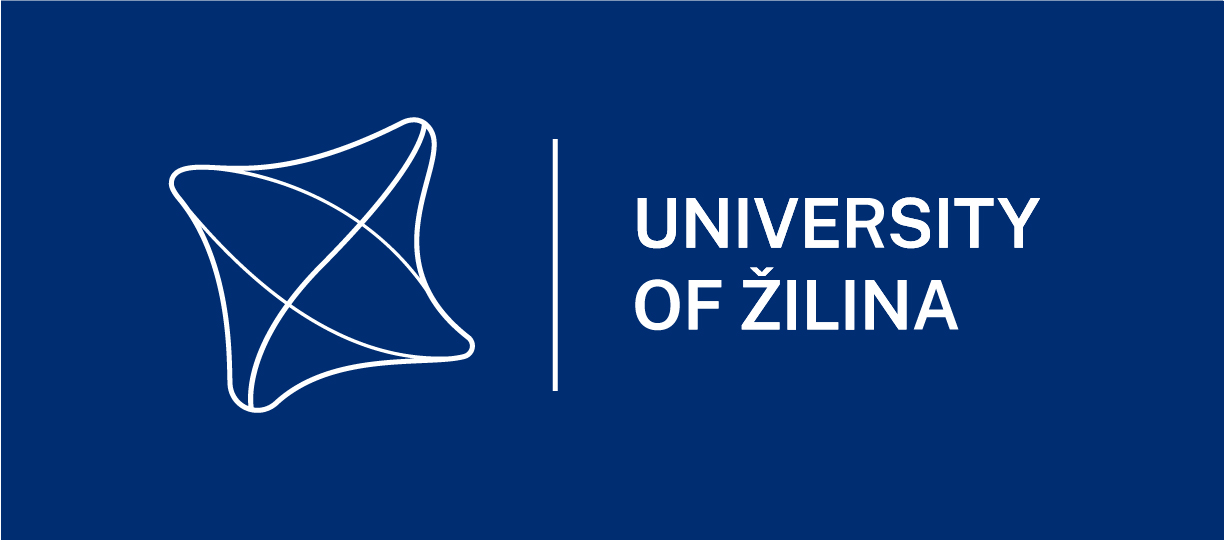Special Workshops and Tracks
Workshops can be proposed which fall within the scope of the conference.
Workshop proposals should be emailed to Philippe.Geril@eurosis.org, by indicating the type of workshop you would like to organize, before January 15, 2023. When preparing a workshop submission, please consider the link to the event and the specific nature of your proposal. A confirmation email will be sent to verify that the proposal was received.
See accepted workshops below
VR/AR Simulations in Education
The synergy of education and technology can transform the world we live in. A virtual/augmented experience is usually achieved by feeding sensory information to a user via virtual displays (head mounted displays, 360 screen displays, etc.), and sounds. Along with this, it is also important for the user to provide an interaction to the virtual world. An important part of any VR/AR project is the level of detail and immersion that the user can experience. In previous generations of VR/AR technology, the visual experience from the virtual world was limited due to hardware limitations and it was very difficult to simulate the world realistically. With the advances in computer graphics technology available today, we have access to technology that can easily simulate things in the real world. This workshop will complement the target of the ISC'2023 conference by bringing together academic and industry researchers from the area of building simulation and VR/AR tools for industrial and educational/training purposes.
Submit your proposal for the VR/AR Simulations in Education Workshop here
Information Security, Privacy and Applications
This special track covers research in theory and applications of information security and privacy, and aims to attract the high quality papers in all technical aspects of information security. This special track seeks submissions from academia, industry, and government that present novel research on all theoretical and practical aspects of Information Security.
|
|
Meta Analysis for synthesizing Data
Standards for accurate and trustworthy reviews, integration and syntheses of studies that address similar research concerns are critical within the scientific world. When looking for an answer to a specific research topic, most of the time, researchers are confronted with massive amounts of data that does not always provide them with the answers they need. As a result, a single publication summarizing and synthesizing all relevant studies to solve a specific research topic would be quite useful. By combining results from smaller studies that are either unresolved or have inconclusive outcomes, the overall conclusions provide more accurate estimates and stronger inferences. Meta-analysis is considered one of the most important methodological developments in Statistics and has grown in popularity in the last two decades. Meta-analysis has exhibited considerable growth in several fields mainly in medicine and public health, and it is gradually coming to play a similar role in education and psychology.
Submit your proposal for the Meta Analysis for synthesizing DataWorkshop here
Machine Learning Techniques for detecting Problem Gambling
Machine learning is a field of study which is concerned with the understanding and building of methods that can find hidden patterns in data. The algorithms then use these hidden patterns to improve the performance of some set tasks which include classification, regression and image recognition. Today this field is part of artificial intelligence. Machine learning techniques have a wide variety of applications which include but are not limited to insurance fraud detection, detection of compulsive gambling, image and voice recognition and their use in mobile devices such as mobile phones and robots. Parts of the field of machine learning is related to computational statistics and focuses on making predictions with the use of computer software such as R, Python, Wolfram Mathematica and MATLAB. Mathematical optimization techniques and their associated theoretical results are heavily used in machine learning algorithms.
Submit your proposal for the Machine Learning Techniques for detecting Problem Gambling Workshop here





